Contents
The highest number of questions we get asked by our customers are: ‘Parfum vs Cologne, what is better?’ ‘What is eau de toilette?’ ‘Please help: what is better, perfume vs eau de toilette?’ etc, etc. Some of them do not know what a cologne is and what’s the difference between a perfume and cologne. In this guide we see on what grounds perfumes are categorised and how that impacts how long lasting the perfume is, even and the cost of making it.
For starters, you will recall seeing (and even sometime struggling to pronounce) various labels on perfumes like Eau de Cologne, Eau de Toilette (EDT), Eau de parfum (EDP) and Parfum.
These are nothing but various categories of perfumes or types of perfumes.
But you ask, on what basis is this done.
For that, let’s get a little technical. So, Perfume is a fragrant liquid comprised of aromatic fragrance oils, solvents, and fixatives. Think of Solvents and Fixative as supporting actors; they help the oil to blend with the alcohol. For this guide, let’s talk about the main actor or the hero - the aromatic fragrance oil. This blend of oil is what gives the perfume its fragrance.
The quantity of aromatic fragrance oils, or in other words, the amount of raw material added in a bottle is what defines the above category names (think about small and large pegs while drinking). Typically, the fragrance oil added ranges from 1% to 25%. That’s there to it – depending on how much fragrance oil you put in, the classification changes form a cologne to eau de toilette, or from eau de parfum to extrait de parfum. These guidelines are given by International Fragrance Association (IFRA) With these basics clear, lets dive a little deeper.
What is a Perfume?
First & foremost, let's get one confusion out of the way – the words parfum and perfume are used interchangeably as extension (we will avoid going in the history of why both spellings exist). So, eau de parfum or eau de perfume both mean the same thing.
Perfume is the umbrella, or the basic product category under which subcategories exist – eau fraiche (popularly known as after shaves), eau de cologne (also called only cologne, eau de toilette, eau de perfume and extrait de perfume. However, in general practice when someone says or writes about Perfume, it refers to eau de perfume or extrait de perfumes, the most common subcategory. The glass bottles with the sprayer which we see often see in ads. So, when one asks perfume vs cologne, the question is eau de perfume vs cologne. Extrait de Perfumes, the highest subcategory in perfumery, are also called as ‘Parfums’ officially (yes, its unnecessarily complicated but stay with us till the end and you will wiser ) When one asks perfume vs eau de perfume, it basically means extrait de perfume vs eau de perfume.

What are the main categories of Perfume?
In order of highest to lowest fragrance oil concentration:
-
Extrait De Perfume
-
Eau De Perfume
-
Eau De Toilette
-
Eau De Cologne or Cologne
-
Eau Fraiche
Let’s simplify each category so you have the entire picture clear.

What is Extrait De Perfume?
Extrait de parfum or pure perfume, also known as Parfums, has the highest fragrance oils concentration. Parfum will contain anywhere from 20% to 30%. For the mathematically inclined, a 100 ml Parfum bottles will contain 20 to 30 ml of fragrance oil concentration. Given that, fragrance oils are most expensive raw material of perfumes, naturally Extrait De Parfums generally are most expensive of the lot.
How much a perfume lasts has a direct correlation with the amount of fragrance oil it has. Hence, Extrait De Parfums are classified as the longest lasting category. One application can last anywhere between 6 to 9 hrs-a solid performance.
What is Eau De Perfume?
After parfum, eau de parfum (EDP) has the next highest category in terms of fragrance concentration. Eau de parfum generally has a fragrance concentration of between 15% and 20%. EDP will last anywhere 4 to 6 hrs after one application. It is one of the most popular types of fragrance available.
What is Eau De Toilette?
Pronounced as ‘twaley’ (not ‘tulet’ or ‘toilet’), Eau de toilette (EDT) has a fragrance concentration of between 5% and 15%. Eau de Toilettes, with their concentration, will last between 2 to 4 hrs after one application.
Eau De Toilette Vs Parfum: If one were to rank Eau De Toilette, it would come 3rd. Because it is less concentrated than Eau De Perfumes which have about 15 to 20% fragrance oil. Eau De Perfumes would stand 2nd, and Extrait De Perfumes would come 1st.
Why are Eau de parfum and Eau de Toilette made more than Extrait De Perfume?
You must consider two factors, the evolution of modern-day perfumes and the impact of weather on the longevity. It’s the Western countries that have truly evolved in terms of designing fragrances and most of them have harmonious climate - less heat and humidity both of which impact the how long and how well the fragrance stays on your skin. Hence historically they have always made Eau De Toilettes and Eau De Perfumes. (less cost)
With lifestyle and aspirations fast changing in counties like India which has a tropical climate, Eay De Toilette and Eau De Perfumes become less effective. Hence, here we will see more and more version of Extrait De Parfums coming out. And it makes sense too.
All Dopamine Perfumes belongs to Extrait De Parfum category; they contain 25% fragrance oil. To put it differently, Dopamine Perfumes are modified to suit Indian Weather.
What is Cologne?
Cologne or Eau de cologne has a far lower concentration of fragrance than the above types of perfume. EDC generally has a 2% to 4% percent concentration of fragrance and a high concentration of alcohol. It won’t last more than two hours. These are one of earliest variety of perfumes. The industry has evolved over time and hence these are made lesser & lesser. Some people interchange perfume with cologne. But now you know, that’s not the correct representation.

Perfume Vs Cologne: What’s the difference?
If you have paid attention to what is explained above, you will know the answer. But we have still summarised it below:
Perfume (Eau De Perfume) VS Cologne
|
Perfume (Eau De Perfume) |
Cologne |
|
Contains 5 to 15% Fragrance Oil |
Contains 2% to 4% Fragrance Oil |
|
Lasts upto 4 to 6 hrs |
Lasts upto an hour or two |
|
Expensive to make than Cologne |
Cheaper and traditional version with more alcohol content |
|
Eau De Perfume (EDP) is generalised as Perfume, but Perfume is an umbrella category and EDPs are a part of this umbrella |
Cologne is sometimes, and not rightly, used to refer to Perfume and sometimes used to refer to an After Shave (Eau Fraiche) |
Perfume Vs Eau De Toilette: What’s the difference?
Eau De Toilette vs Parfum
|
Perfume (Eau De Perfume) |
Eau De Toilette |
|
Contains 5 to 15% Fragrance Oil |
Contains 8% to 15% Fragrance Oil |
|
Lasts upto 4 to 6 hrs |
Lasts upto 2 to 4 hrs |
|
Expensive to make than Eau De Toilette |
Cheaper than both Eau De Perfume and Extrait De Perfume |

Discover best fragrances from Dopamine Shop:
Now that you understand perfume vs cologne or perfume vs eau de toilette, you will also realize for the perfume to last longer, a higher fragrance oil concentration is necessary. That’s the bare minimum. Since all our perfumes fall in the extrait de perfume category, the penultimate requirement is taken care of. Go on then find your best scent at Dopamine shop
Conclusion
What is Eau De Toilette, what is a Cologne or Cologne vs Eau de Toilette should no longer be a mystery for you. Call it a choice of Perfumes vs Cologne or Perfumes vs Eau De Perfume, the bottom line is that the classification is a function of the percentage of fragrance oil in the bottle. The higher the fragrance oil, the longer it will take to evaporate of your skin. Also, the higher the fragrance oil, the more costly it is to make. That’s how you decide what is best, definitions notwithstanding. Happy Smelling!





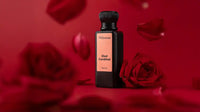
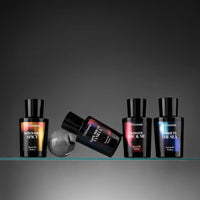
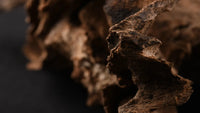
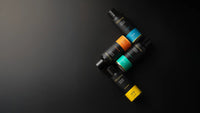
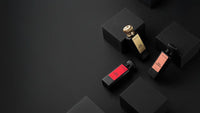
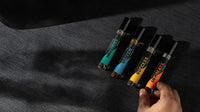
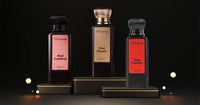
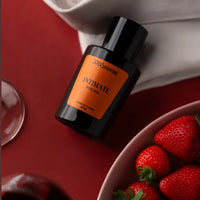
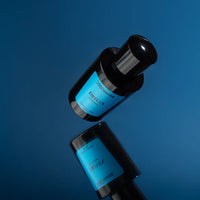
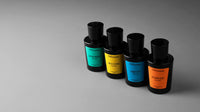
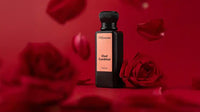
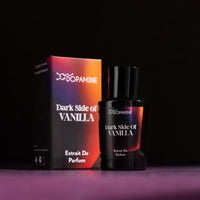

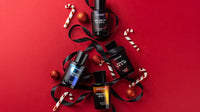
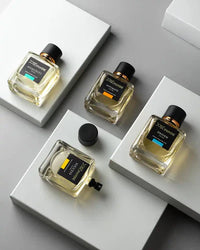
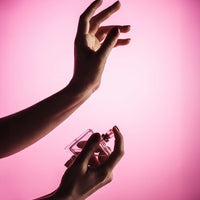
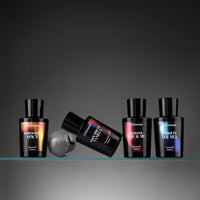
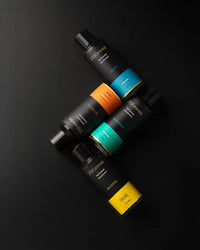
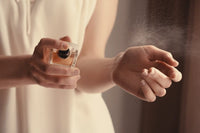




Leave a comment